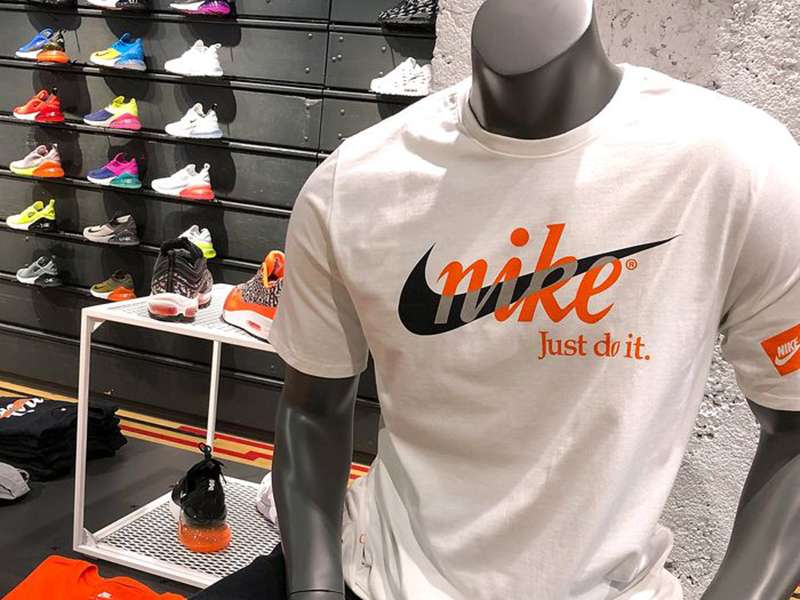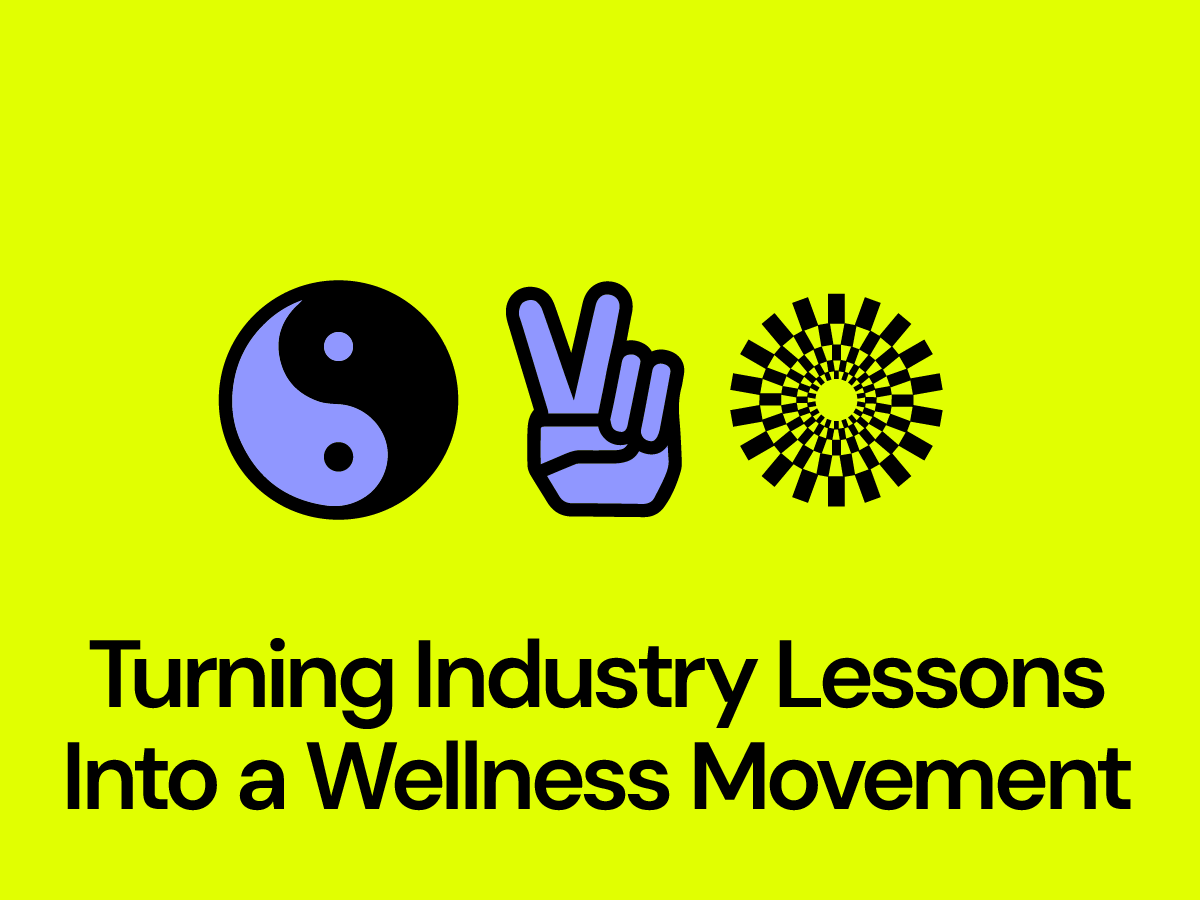Why Return on Principles should become a business metric
Jackson Hole Mountain Resort’s $2,000-a-person fundraising event featuring Rep. Marjorie Taylor Greene and other top supporters of former President Trump has cost the major tourism destination an important revenue stream – the sale of Patagonia goods. In protest of the fundraiser held by the resort’s owners, Patagonia, long known for its activism in support of environmentalism and progressive causes, announced it will no longer provide its merchandise for sale there.
The move shows Patagonia is willing to put its bedrock principles above short-term sales. And it is a perfect example of what I believe should be a new measurement of business success and health: Return on Principles (ROP).
Real change only comes when a company sets goals against principles and continually takes stock of its actions to meet them. ROP will demonstrate a positive impact on the intangibles that help determine long-term, sustainable sales growth.
People are developing zero tolerance for hypocrites in politics, leaving such shattered careers as Eliot Spitzer and Andrew Cuomo in their wake. As they raise the bar on business ethics and purpose, success needs to be measured by more than profits, share and stock price. Increasingly, the heroes of business will stand for something, take action and make a difference along the way to delivering financial returns.
How do you become an ROP company? Here are five keys.
Just Do It… but be prepared to lose money and consumers in the short run. When Nike NKE, -0.11% made a public commitment to stand by NFL quarterback Colin Kaepernick for taking a knee during the national anthem, the brand endured months of #NikeBoycott and presidential tweets that cost it millions of customers. Because Kaepernick stood by his principles, and Nike stood with him, they ultimately attracted millions more fans and Nike increased sales by 31%.
Admit, adjust and advance. Saying what you believe but not living it has consequences. State Street Global Advisors, part of State Street Corp., STT, 2.98% made headlines in March 2017 for erecting a bronze sculpture called “Fearless Girl” opposite the charging bull on Wall Street to “celebrate the power of women in leadership and the potential of the next generation of women leaders.” Six months later, the bank agreed to pay $5 million to settle claims that it discriminated against over 300 top female employees by paying them less than men in the same positions.
State Street took ownership of its own internal policies and changed course. In the three years since Fearless Girl was created, the bank added an additional woman to its board of directors and promised to bring future directors in through a lens of diversity. And Fearless Girl inspired nearly 700 publicly traded companies to add women to their all male boards.
Make it public, inside and out. Your purpose must be more than words on a wall, a slogan or in an employee handbook. You’ve got to live it and prove it. Partner with those who share your belief. Hire people who will not just say yes to what you stand for but who will become standard bearers for the greater good you advance. Then lead with your principles when marketing to prospective customers and recruiting talent – because principled people want to work with companies and brands they believe in.
Drop those who don’t measure up. That means customers, too. Late last year, we discovered a new client accounting for 10% of our revenue was actively enforcing a policy against hiring and retaining LGBTQ+ employees. We ended the contract immediately. We lost money we needed at a critical time, but on an ROP basis we’re coming out ahead. I got email after email from my employees congratulating us, and the teams worked harder to replace the business without being asked. It brought everyone closer and confirmed our Board’s confidence in our principles.
Play the long game. Advertising legend Bill Bernbach once said, “A principle isn’t a principle until it costs you something.” Principle can cost you in the short run. It’s not something to gauge by the quarterly P & L statement; it’s a long-term value that can attract more like-spirited partners, talent, and allies over time. Look beyond revenue to what ultimately drives it – the unified energy of your teams, the depth of your connections with clients, and the trust you share with people you partner with.
Return on principal needs to become a standard operating model for the modern organization. Like Return on Investment, ROP has both a financial and emotional calculus. Unlike ROI, ROP orients people to a compass they can follow every day. Companies can either take charge and live by their principals or be forced to by an increasingly uncompromising public.
Alan Brown is CEO of DNA, a full-service marketing agency in Seattle and Board Chair of StolenYouth, an organization working to end sex trafficking in Washington state.
Article originally from MarketWatch



